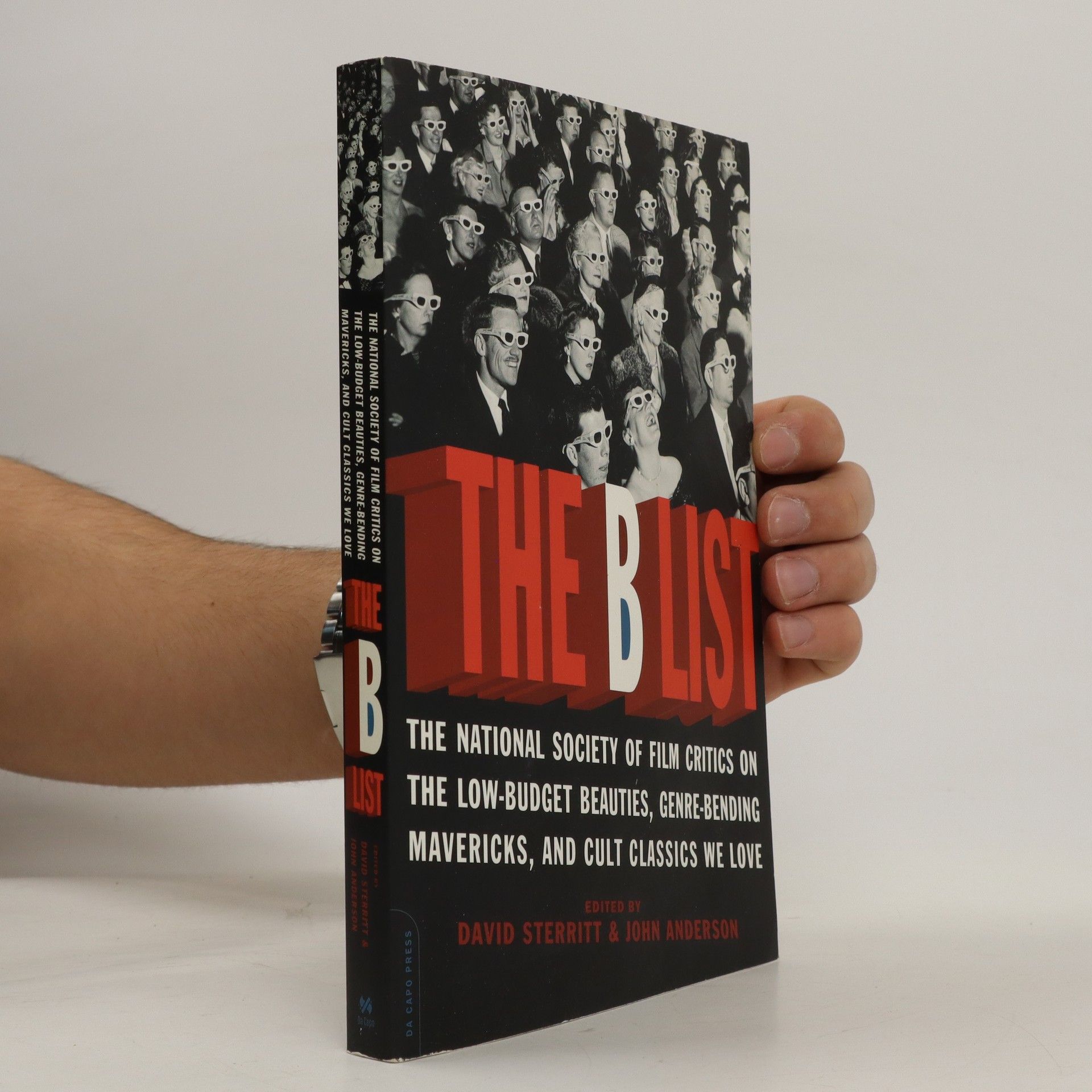"Once the B movie was the Hollywood stepchild, the underbelly of the double feature. Today it is a more inclusive category, embracing films that fall outside the mainstream by dint of their budgets, their visions, their grit, and occasionally - sometimes essentially - their lack of what the culture cops call "good taste."" Featuring the choicest noir, neo-noir, science fiction, horror, western, midnight movies, and more - from critics like David Ansen, Jami Bernard, Roger Ebert, Carrie Rickey, Richard Schickel, and Kenneth Turan - the films in The B List are offbeat, unpredictable, and decidedly idiosyncratic.
David Sterritt Libros
David Sterritt es un perspicaz crítico y erudito de cine, reconocido por sus agudas exploraciones del cine de vanguardia, el teatro y la música. Su escritura se caracteriza por un compromiso inteligente con temas controvertidos y un estilo vivaz y accesible que desmitifica el complejo arte cinematográfico. Sterritt tiene un interés particular en las películas que exploran las dimensiones espirituales, ofreciendo consideraciones cuidadosas de sus fundamentos teológicos y filosóficos. Su amplia experiencia y formación académica solidifican su significativa posición en la crítica cinematográfica.


The Films of Jean-Luc Godard
- 314 páginas
- 11 horas de lectura
Focusing on the significance of Godard's films, the work explores their impact on both modernist and postmodernist art. It delves into how Godard's innovative storytelling and visual techniques have influenced contemporary artistic expressions, making a case for his pivotal role in shaping cinematic language and aesthetics. Through analysis, the book highlights the intersection of film and art, emphasizing Godard's contributions to the evolution of cultural narratives.